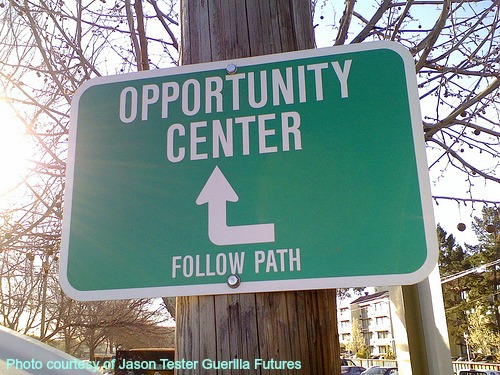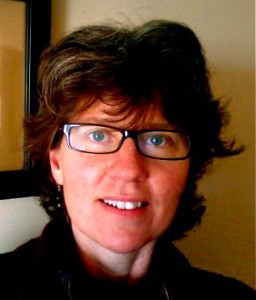Business is business, right? When it’s time to have those meetings and conferences, you want everything to run smoothly so you can concentrate on the task at hand. Tina Speers has been ensuring that happens for four years as a corporate event coordinator. She is the one making sure the projector runs like it should, and the refreshments are available on time.
Can you explain what you do for a living?
I have been an corporate event coordinator for four years. The majority of my job involves scheduling and planning events. I keep a Google calendar and plan the events and schedule rooms based on the needs of each group. We also do virtual conferences, which requires IT skills such as basic knowledge of IP based systems. I also stock our small cafe and make coffee on a daily basis.
When do you use basic math in your job?
Basic math is needed for the cafe. Each item is 50 cents, or we have all day pricing. I often need to make change (cafe is operated on an honor system). I never use a calculator unless large groups pay per person for a certain amount of items.
Do you use any technology (like calculators or computers) to help with this math? Why or why not?
If we need to make copies for our groups they are charged per page copied. I often use a calculator because of the amount we charge. A black and white copy is 05 cents and a color copy is 15 cents and we usual make copies in large volumes (at least 20 pages). I also use basic math to complete the usage and metrics for the event center. We tally our guest totals by month. I use a calculator for this because the numbers are usually large and uneven.
How do you think math helps you do your job better?
Math helps me do my job better because I am able to move fast when a guest is waiting for change. I can’t imagine having to use a calculator every time a guest needs change.
How comfortable with math do you feel? Does this math feel different to you ?
I am very comfortable with this math and it does not feel different or unusual in any way. I mean, I learned how to count change in first grade! In general, I do not feel very comfortable with math unless it is very basic.
What kind of math did you take in high school? Did you like it/feel like you were good at it?
In high school I remember taking algebra, trig, and geometry as well as some sort of review class my senior year. I think it was actually called “Senior Review.” I have not used any advanced math skills in my job. I took Calc I in college and barely passed. I also feel I had a lot of bad math teachers especially in my middle school years.
Did you have to learn new skills in order to do the math you use in your job? Or was it something that you could pickup using the skills you learned in school?
I have not used any advanced math skills in my job.
Do you have a question for Tina? An event you need to plan? Send me your question and I will forward it to her.







